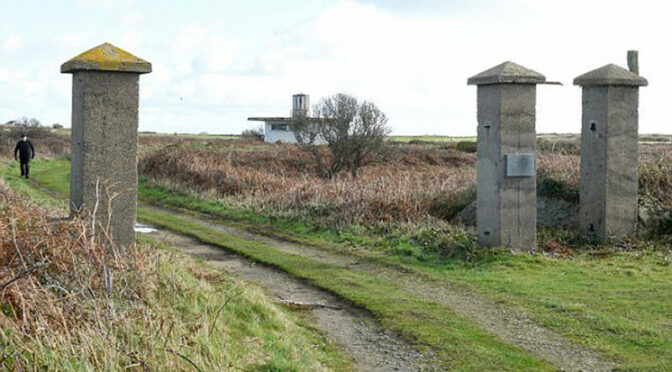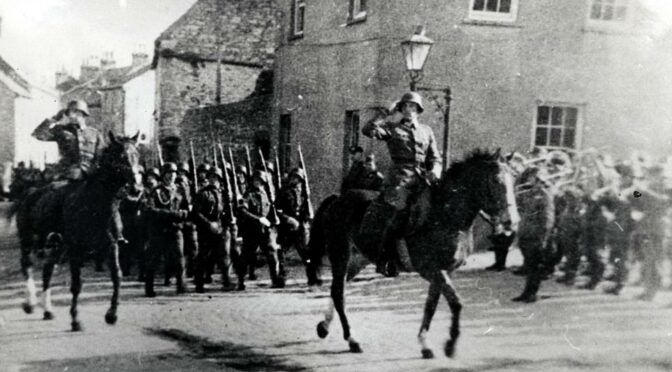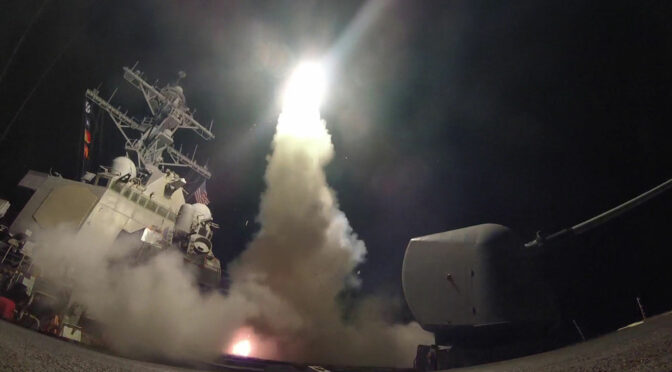Article published in The Daily Telegraph on 25 May 2017. © Richard Kemp
On Monday we saw something we have never before seen in the UK. We saw an attack that was specifically intended to kill, maim and permanently disfigure our children.
No self-respecting nation can tolerate such a barbaric assault on its youth and its future. If we fail to take decisive action now to protect our young people from such depredations, in the words of Admiral Leach when British sovereignty was violated in the Falklands: “we shall be living in a different country”.
The government must move beyond its well-rehearsed hand-wringing promises to increase police on the streets, tackle underlying causes and invest more cash in the “Prevent” agenda. We have heard this after every attack since July 2005 and we know it doesn’t work.
After every attack we have also heard that the attacker was known to the security services, yet somehow got through. How can this be, when we have the finest intelligence and police services in the world?
Because we have given them an impossible job. The head of MI5 says there are over 3,000 people at large in the UK today, known to be involved in terrorism. It is impossible to keep tabs on them all, which is why, despite hundreds of terrorist attacks disrupted by our security services, the Manchester bomb this week and the car ramming in Westminster two months ago succeeded.
The only answer is to reduce that 3,000. Of course those that can be prosecuted and imprisoned should be. But too often, while intelligence confirms their involvement in extremism, forensic evidence sufficient for conviction is either lacking or cannot be used for security reasons.
We have to take a harder line with those we cannot convict yet we know present a serious threat.
Non-British citizens involved in any type of terrorist activity in the UK should be deported. British citizens should be detained or placed under some other form of effective control. Those who leave the country to commit mass murder, rape and torture with the Islamic State or any other jihadist group should be banned from re-entry.
I am not suggesting we become a police state. These measures would apply only to individuals on whom we have intelligence that proves their involvement in terrorism. The decision to deport, detain or exclude would be made by a panel of senior judges cleared to review secret intelligence. Continue reading






